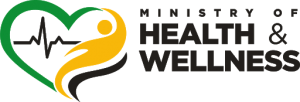Substances that are commonly misused or abused include but are certainly not limited to:
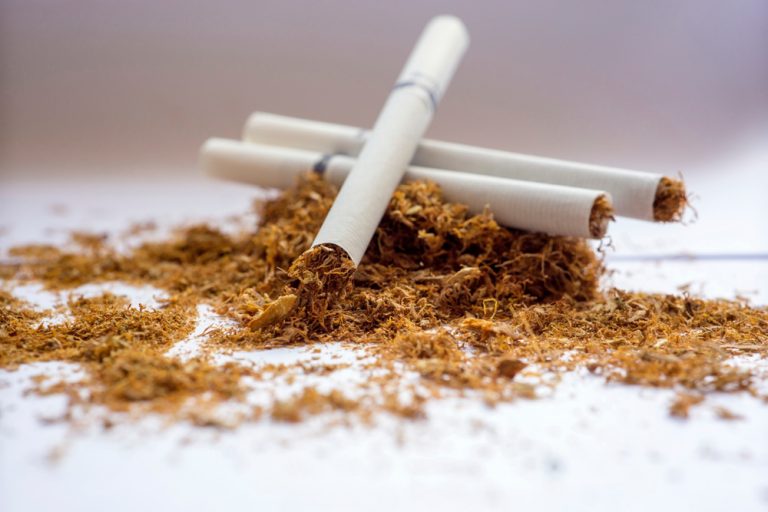
Tobacco

Alcohol
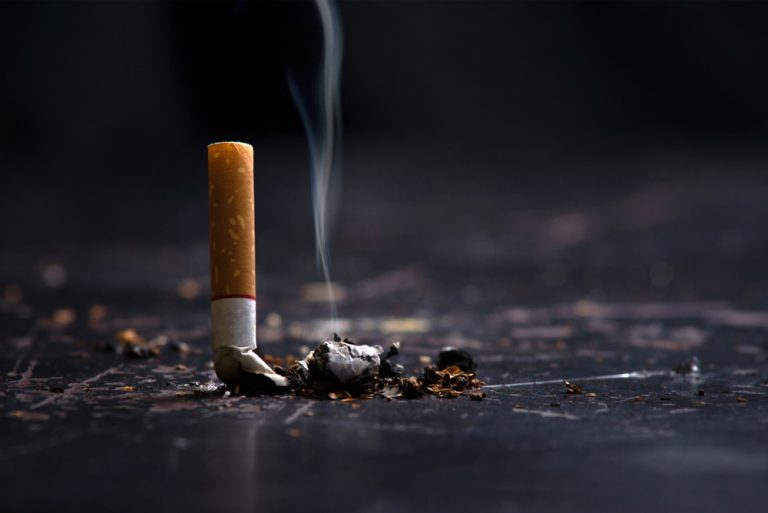
Cigarettes/Nicotine
As our mental health is also included in the focus of Non-Communicable Diseases, smoking (tobacco, cigarettes) and drinking (alcohol) are critical to this expanded focus as there is a significant relationship between alcohol misuse and mental health as well as with tobacco use (smoking and vaping) and air pollution, that also contributes to Non-Communicable Diseases.
Abused substances are also psychoactive substances, which means that they can affect how the brain works and causes changes in mood, awareness, thoughts, feelings, or behavior. Chronic (long term) use of these substances can lead to both short- and long-term changes in the brain, which leads to mental health issues such as paranoia, depression, anxiety, aggression or hallucinations.
Let’s learn a little more about Tobacco and Alcohol!
Tobacco
Tobacco smoke contains a combination of the toxins listed below. All of which cause damage to multiple organs and systems of the body. 11% of the Jamaican population (age 12-65 years) reported current use of cigarettes.

Tar
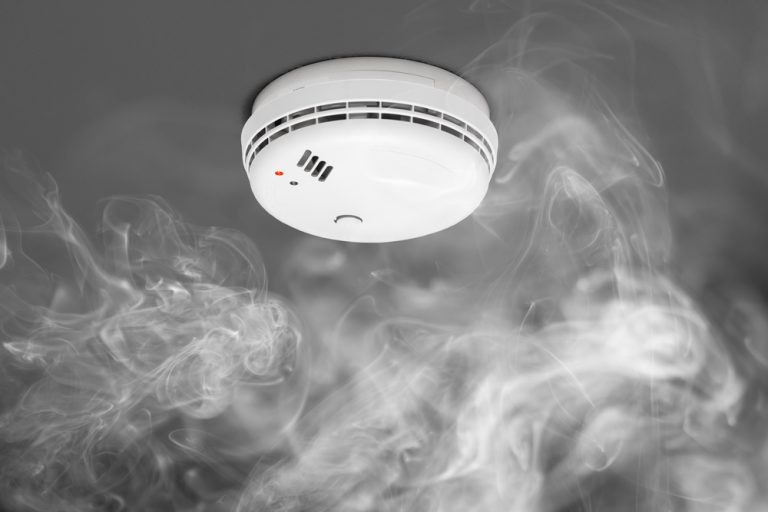
Carbon Monoxide
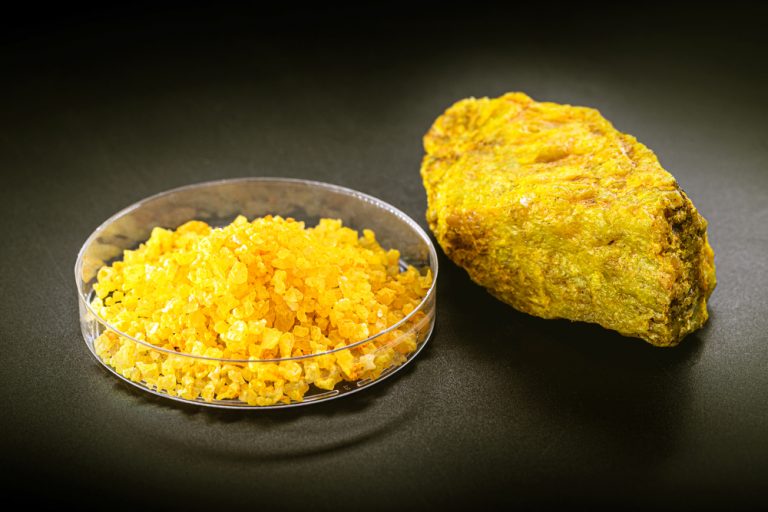
Radioactive Compounds
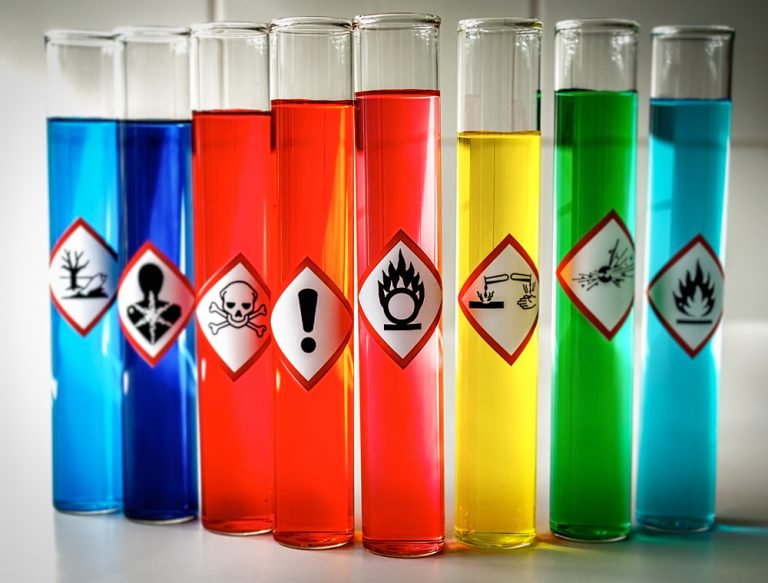
Oxidizing Chemicals

Metals
The nicotine contained in tobacco is highly addictive and its use is a major risk factor for cardiovascular and respiratory diseases, over 20 different types or subtypes of cancer, and many other weakening health conditions. The association between smoking tobacco and lung health has been well established. The range of effects include:
- Reduced lung function
- Breathlessness due to swelling and narrowing of the lung airways,
- Excess mucus in the lung passage leading to an impairment of the lung’s clearance system as there becomes a buildup of poisonous substances.
Long term tobacco smokers are at a significantly higher risk of developing lung diseases. Remember Tobacco smoking is the primary cause of lung cancer!
Alcohol

Alcohol can be linked to over 200 health conditions such as liver diseases, cancers, cardiovascular diseases and tuberculosis. It does not stop there. Alcohol is also linked to road injuries, violence, suicides and even HIV/AIDS.
The impact is detrimental and increases directly as its consumption increases. Even more so in less developed countries such as Jamaica. Globally approximately 2.3 billion people are currently alcohol drinkers.
- More than 3 million people died because of harmful use of alcohol in 2016.
- More than three-quarters of these deaths were among men.
- Of all deaths attributable to alcohol:
- 28% were due to injuries, such as those from traffic accidents, self-harm and interpersonal violence;
- 21% due to digestive disorders;
- 19% due to cardiovascular diseases
- The remainder due to infectious diseases, cancers, mental disorders, and other health conditions.
- 16.3% of Jamaicans 12-65 years were classified as harmful alcohol drinkers while 15.1% were binge drinkers.
NCDs can be prevented through reduction of tobacco use, harmful use of alcohol and the misuse of other psychoactive substances. Timely identification and treatment of problematic psychoactive substance use can lessen the incidence of premature deaths from NCDs.
The benefits of quitting tobacco are almost immediate:
- After 20 minutes of quitting smoking, your heart rate drops.
- Within 12 hours, the carbon monoxide level in your blood drops to normal.
- Within 2-12 weeks, your circulation improves and lung function increases. Within 1-9 months, coughing and shortness of breath decrease.
- Within 5-15 years, your stroke risk is reduced to that of a non-smoker.
- Within 10 years, your lung cancer death rate is about half that of a smoker.
- Within 15 years, your risk of heart disease is that of a non-smoker
Let’s S.T.A.R.T the Journey to stop Substance Abuse
S
T
A
R
T
Set a quit date
Choose a date within the next two weeks, so you have enough time to prepare without losing your motivation to quit. If you mainly use substances during the week, quit on the weekend, so you have a few days to adjust to the change.
Tell family, friends, and co-workers that you plan to quit
Let your friends and family in on your plan to quit smoking or drinking and tell them you need their support and encouragement to stop. Look for a quit-companion who wants to stop using substances as well. You can help each other get through the rough times.
Anticipate and plan for the challenges you’ll face while quitting
Most people who begin smoking or drinking again, do so within the first three months. You can help yourself make it through by preparing ahead for common challenges, such as nicotine or alcohol withdrawal and cravings.
Remove the substance from your home, car, and work
Throw away all of your cigarettes, lighters, ashtrays, matches, alcohol beverages and other drugs. Wash your clothes and freshen up anything that smells like them.
Talk to your doctor about getting help to quit
Your doctor can provide a brief intervention through counselling, prescribing medication to help with withdrawal symptoms and refer you to specialized treatment if necessary. Do not be afraid to seek help if you are unable to quit on your own.
